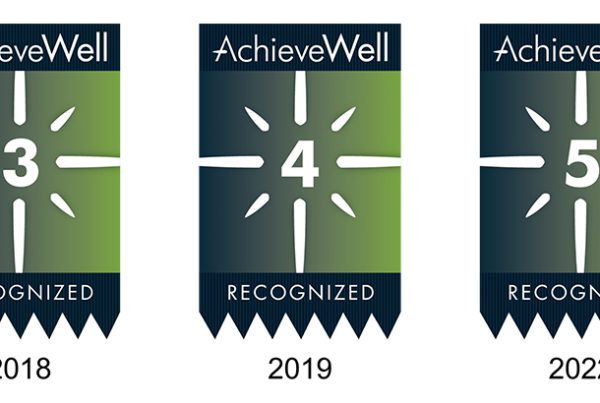
We think of scrambled, poached, boiled, or fried eggs as a breakfast staple, but eggs are more than a breakfast food. They make a great main dish, are a common ingredient in savory and sweet recipes, and provide a lot of nutrition in a small package! Here are some eggcellent facts about eggs!
Size matters. Eggs come in six sizes, but the most common are medium, large, and extra-large. The size refers to the weight of the egg. When baking, pay attention to the size in the recipe and adjust depending on what you have. The general rule is that if you need 1-3 eggs, any size should be fine. If you’re your recipe calls for more than three eggs, go up one if you have medium eggs and go down one if you have extra-large eggs.
Read the label. Egg labels can give you some information about the conditions that the egg came from, but not all.
- Eggs are graded by quality, which includes appearance. Grade A are generally what you find in the grocery store.
- Cage-free eggs mean that hens are not kept in cages and can move freely within a building or hen house. However, there are no requirements about the size of the building or how many hens occupy the space.
- Free-range or pasture-raised – These hens have access to the outdoors. No other regulations are associated with the label free-range.
- Organic – This label refers to the farm on which the hens are kept as well as what the hens eat and how they live. The farm would need to be certified organic by the USDA. Eggs labeled organic must come from hens that are fed organic feed, and that are free-range.
- Humane – The non-profit organization Human Farm Animal Care (HFAC) offers a label to farms that adhere to their strict standards. HFAC require a minimum space per bird as well as other required materials that protect the hens and allow them to exhibit their natural behaviors. These cage-free standards are stringent, and only those farms that demonstrate meeting these standards will earn the Certified Humane label on their eggs.
Nutrition Facts. One egg contains approximately 6 grams of protein, 80 calories, 5 grams of fat, and 187 grams of dietary cholesterol. Eggs are rich sources of selenium, vitamin D, B6, B12 and minerals such as zinc, iron and copper. While egg yolks contain more calories and fat than the whites, they also contain more valuable nutrients including fat-soluble vitamins A, D, E and K. Research has shown that eating eggs regularly will not raise cholesterol levels in healthy adults. The American Heart Association recommends to limit dietary cholesterol to no more than 300 grams each day or 200 grams if you have a history of heart disease or diabetes.
If you don’t eat eggs for breakfast, you could try a frittata for dinner, a hard-boiled egg for a post-workout snack, or a boiled egg on top of a salad for a delicious and nutritious meal!




